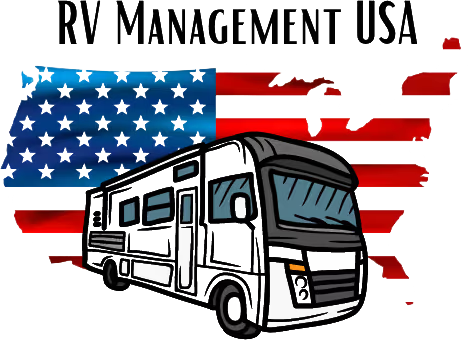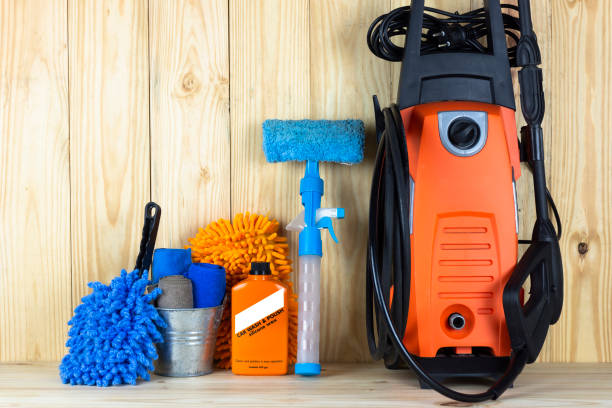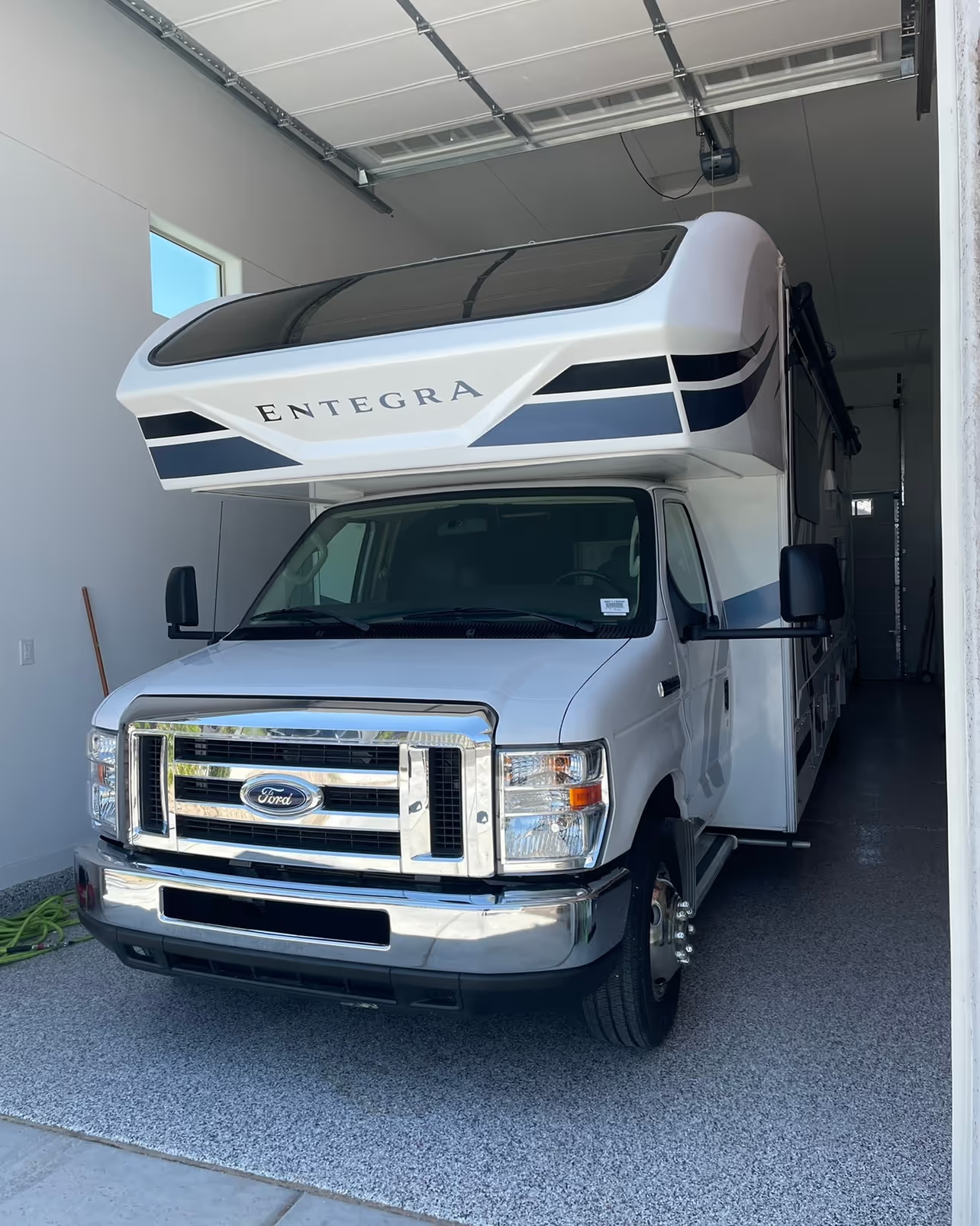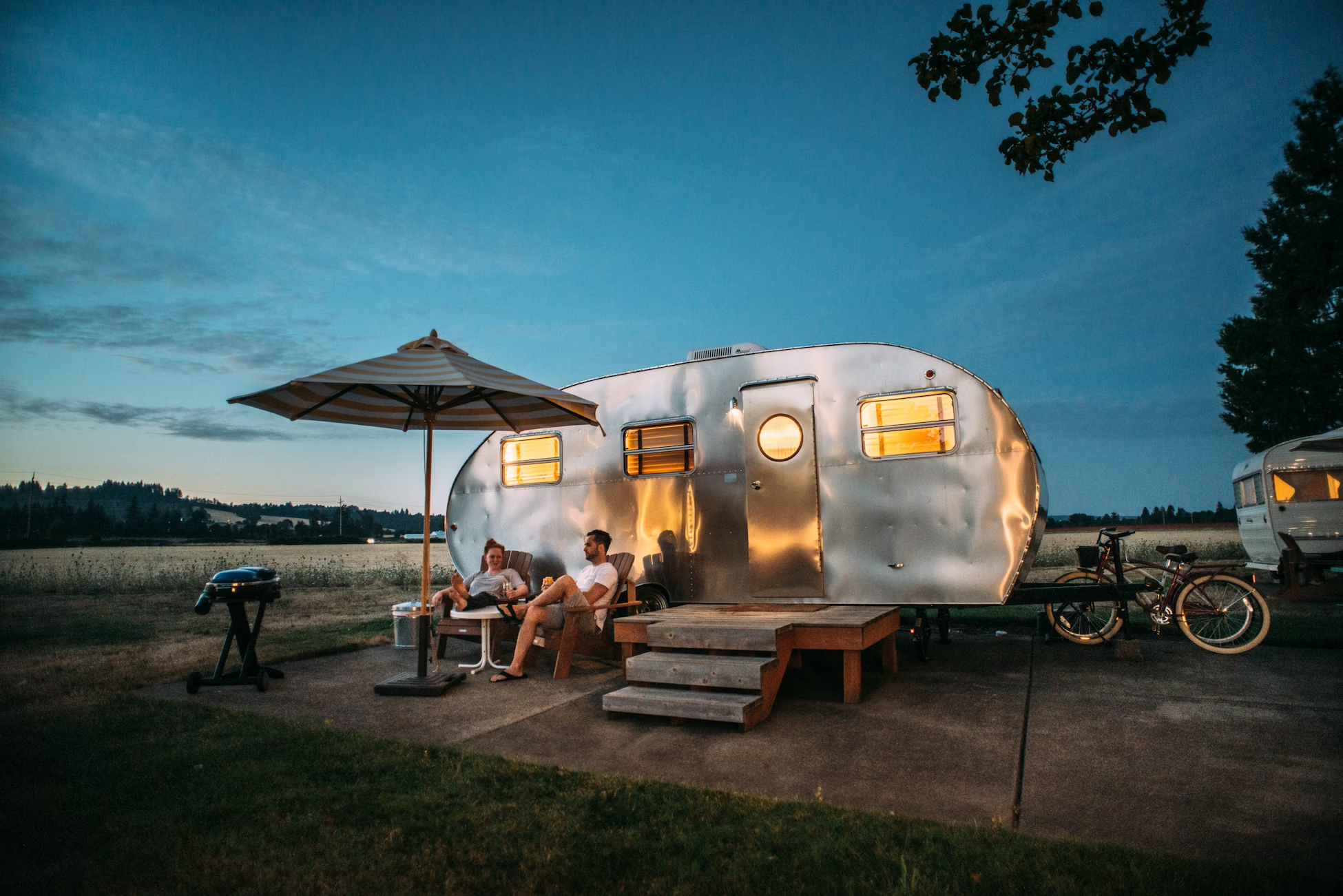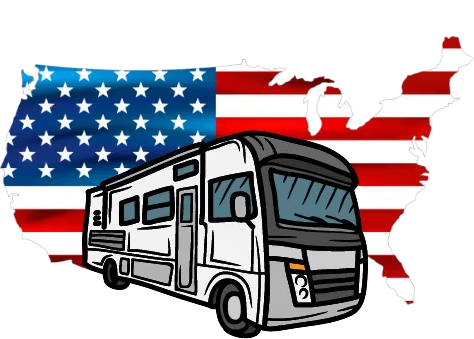There’s nothing like the freedom of the open road—until a warning light blinks, your slide-out jams halfway, or your A/C dies during a 100-degree heatwave.
RV mechanical problems are inevitable. But most of the ones we see at RVM? They’re preventable. Small signs get missed. Routine checks are skipped. Suddenly, what could’ve been a quick fix turns into a canceled trip, a $2,000 repair, and a guest who swears they’ll never rent from you again.
We’ve worked with hundreds of owners and renters across the country. Here’s what we’ve learned about the most common issues—and how to avoid them before they blow up your season (or your wallet).
Table of Contents
- The Truth About RV Repairs (They Start Small)
- Battery Drain: The Quiet Killer
- Slide-Out Failures: Don’t Let It Get Stuck Halfway
- Brake & Bearing Neglect: The Rolling Time Bomb
- Water Pump Burnout: The Dry-Run Disaster
- A/C and Furnace Fails: Hot Days, Cold Nights
- Generator Issues: Don’t Count on Stored Power
- Leveling System Mishaps: A Tilted Rig is a Risky Rig
- Transmission Trouble: When “Drive” Doesn’t
- Your Simple Seasonal Checklist
- Final Thoughts: 30 Minutes Now or 3 Days Later
1. The Truth About RV Repairs (They Start Small)

You don’t need to be a mechanic to stay ahead of major RV issues. Most breakdowns begin as minor things: a squeaky brake, a dirty air filter, a loose seal. Ignored long enough, they snowball.
Jim from California ignored a faint squeal for a month.
“Next thing I knew, the caliper locked up. Missed our Zion trip and paid $1,200 in repairs. All for something that could’ve been fixed with $60 brake pads.”
2. Battery Drain: The Quiet Killer
Nothing derails a trip faster than a dead battery. House batteries, chassis batteries—it doesn’t matter. If they’re weak, you’re stuck.
Kelly from Michigan returned to her RV in spring to find her battery stone dead. She’d forgotten to disconnect the negative terminal during storage.
“I thought it would be fine. It wasn’t.” Replacement: $300.
What to do:
- Disconnect during the off-season
- Check monthly (even in storage)
- Add distilled water to flooded batteries
- Use a solar trickle charger for long-term parking
3. Slide-Out Failures: Don’t Let It Get Stuck Halfway
Slide-outs make RVs feel like tiny homes—but they’re also one of the most common failure points.
Tony pulled into a site, hit the button, and one slide stuck halfway out. Debris had jammed the motor track, and the slide motor burned out mid-extend.
Avoid this by:
- Cleaning and lubricating tracks regularly
- Checking seals every few months
- Keeping debris like pine needles and sand out of the mechanisms
- Never running slides off-level or on low voltage
4. Brake & Bearing Neglect: The Rolling Time Bomb
Brakes and bearings take a beating—especially on heavier Class A or fifth-wheel rigs.
Melissa skipped her bearing repack. On her first spring trip, a wheel seized 90 minutes into the drive. The fix? $2,000 in towing and repair.
Prevent this by:
- Repacking bearings every 12 months or 12,000 miles
- Checking brake pad thickness
- Listening for squeaks, grinding, or pulsing
- Getting axles inspected once a year
5. Water Pump Burnout: The Dry-Run Disaster
Turn on the tap. Nothing happens. Then you hear it—your pump has been running dry for hours.
One renter left the pump switch on all night. The motor overheated, burned out, and flooded the under-sink cabinet. The owner got a soggy mess—and a poor review.
Pro tips:
- Always turn the pump off when not in use
- Clean the inline filter regularly
- Listen for odd sounds—whining or pulsing usually means trouble
- Never let it run dry
6. A/C and Furnace Fails: Hot Days, Cold Nights

Temperature control isn’t just comfort—it’s make-or-break for guests. And these systems always seem to fail when you need them most.
One Arizona owner told us her A/C failed during a heatwave.
“Dust choked the filter and coils. It took three days to find a repair tech. The renters left early and never came back.”
Prevention:
- Clean A/C filters monthly
- Clear dust from furnace intakes and vents
- Test both systems before a trip
- Keep your thermostat and fuses in good shape
7. Generator Issues: Don’t Count on Stored Power
Generators hate long naps. If you don’t run them regularly, they get cranky.
Mike stored his rig all winter, never fired up the generator. By spring, stale gas gummed up the carburetor. Repair: $400.
Stay ahead by:
- Running the generator for 30–60 minutes each month
- Using fuel stabilizer during storage
- Checking oil, filters, and air intake
- Avoiding long idle times with no load
8. Leveling System Mishaps: A Tilted Rig is a Risky Rig
Leveling jacks do more than keep your eggs from sliding off the pan. When they fail, they can cause floor warping, cabinet misalignment, and structural stress.
Common issues include hydraulic fluid leaks, electric motor burnout, and jack foot damage from improper use.
What helps:
- Inspect jacks and stabilizers monthly
- Always use leveling pads on soft ground
- Keep components clean and lubricated
- Never force retraction—listen for binding
9. Transmission Trouble: When “Drive” Doesn’t
You don’t get a second chance with transmission failure. When it quits, you’re not limping to a repair shop—you’re calling a tow truck.
One Florida Class A owner felt the coach “slip” while merging. Moments later, the transmission gave out.
“It hadn’t been serviced in years. Towing the 28,000-lb rig cost more than the rebuild.”
Stay ahead:
- Follow fluid change intervals
- Watch for delayed shifting, slipping, or overheating
- Never tow above capacity
- Downshift early on hills—don’t force it
10. Your Simple Seasonal Checklist

Here’s the 30-minute routine that prevents 80% of the problems we just covered:
- Test and top off all batteries
- Check tires for cracks, pressure, and age
- Repack bearings and inspect brakes
- Fire up the generator
- Clean and test the A/C and furnace
- Run slide-outs and inspect for debris
- Check undercarriage for leaks or rust
- Inspect roof seals, corners, vents, and windows
11. Final Thoughts: 30 Minutes Now or 3 Days Later
Mechanical issues don’t show up all at once. They tap you on the shoulder quietly—until you ignore them long enough, and they knock the whole trip off course.
Treat your RV like a road partner, not just a rolling hotel room. Give it the maintenance it deserves, and it’ll take you further than any GPS can promise.
Have a story of your own? Need help troubleshooting an issue before your next rental?
We’re here for it. The RVM team has your back—because we’ve been there, too.
— The RVM Team
